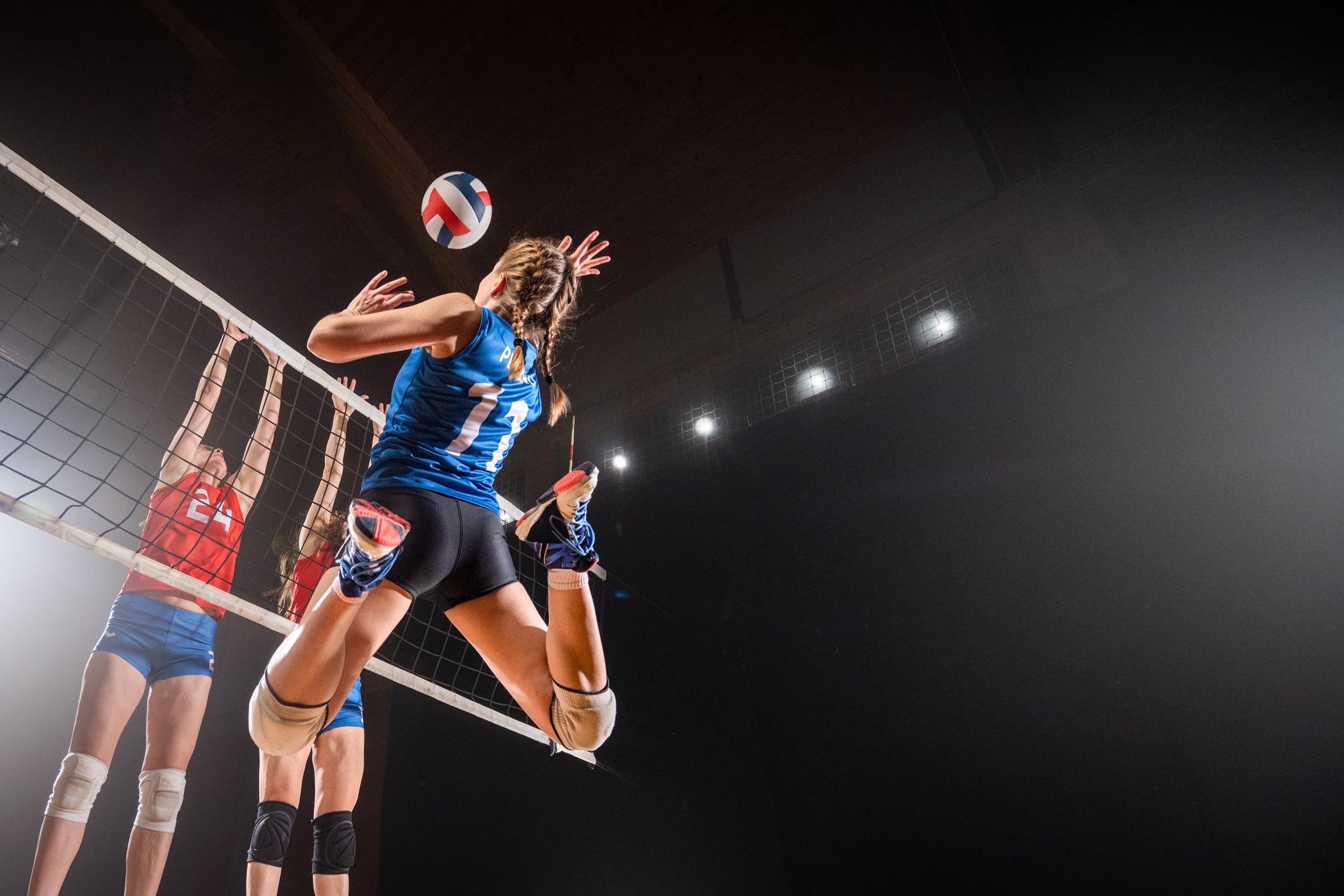Pooling data from 11 studies involving 137 volleyball players revealed that caffeine also improved non-specific performance markers, including jump height and reaction time.
“It is important to give this area individual attention rather than inferring results from a range of team sports with differing physical and skill demands,” wrote researchers from Fujian Agriculture and Forestry University and other Chinese institutions in Nutrients.
“Overall, caffeine supplementation may be a valuable intervention for volleyball players seeking acute performance enhancement.”
Caffeine and sports performance
Caffeine has well-documented ergogenic effects and is widely used to enhance athletic performance in various sports and training regimens. The International Society of Sports Nutrition (ISSN) position stand on caffeine supports the use of the supplement for its ergogenic effects on endurance, strength and velocity but highlights a lack of evidence for its impact on sport-specific performance.
The current study highlights the potential mechanism involved in caffeine’s ergogenic effects.
For example, at higher doses, caffeine increases the release of Ca2+, thereby enhancing muscle contractility and exhibiting more pronounced effects on maximal strength.
Its neurocognitive effects include enhancing executive control networks and cognitive functions, enabling athletes to perform better in tasks requiring focus and concentration. Because caffeine can improve alertness and wakefulness, it may also lead to faster reaction times.
However, the study notes that the effects of caffeine may depend on how often someone consumes it.
“Chronic caffeine intake can upregulate adenosine receptors, which may diminish caffeine’s ergogenic effects over time,” the researchers wrote, citing previous evidence that “suggested that de-habituation from caffeine or higher caffeine doses may enhance performance for habitual users in team sports”.
Study details
The new analysis focused on single- or double-blind, placebo-controlled, randomized crossover studies investigating the potential impacts of caffeine ingestion on exercise performance in volleyball players. The caffeine doses ranged from 1 to 6 mg/kg, with most participants consuming it 60 minutes before testing.
The meta-analysis results showed that, compared to placebo, caffeine supplementation at a dose of 3 to 6 mg/kg improved outcomes related to volleyball, such as attack and serve accuracy, as well as nonspecific outcomes, including single-jump performance, repeated-jump performance and handgrip strength. It also decreased the completion time of agility tests.
“Furthermore, caffeine increased the frequency of positive game actions during simulated volleyball matches,” the researchers wrote, noting that further studies are needed in real competitive settings rather than simulated competitions.
They recommended that further larger studies focus on sex- and age-specific outcomes, as well as the method of caffeine delivery.
Source: Nutrients, 2025, 17(10), 1709; doi: 10.3390/nu17101709. Effects of Caffeine Supplementation on Exercise Performance in Volleyball Players: A Systematic Review and Meta-Analysis”. Authors: B. Chen et al.

